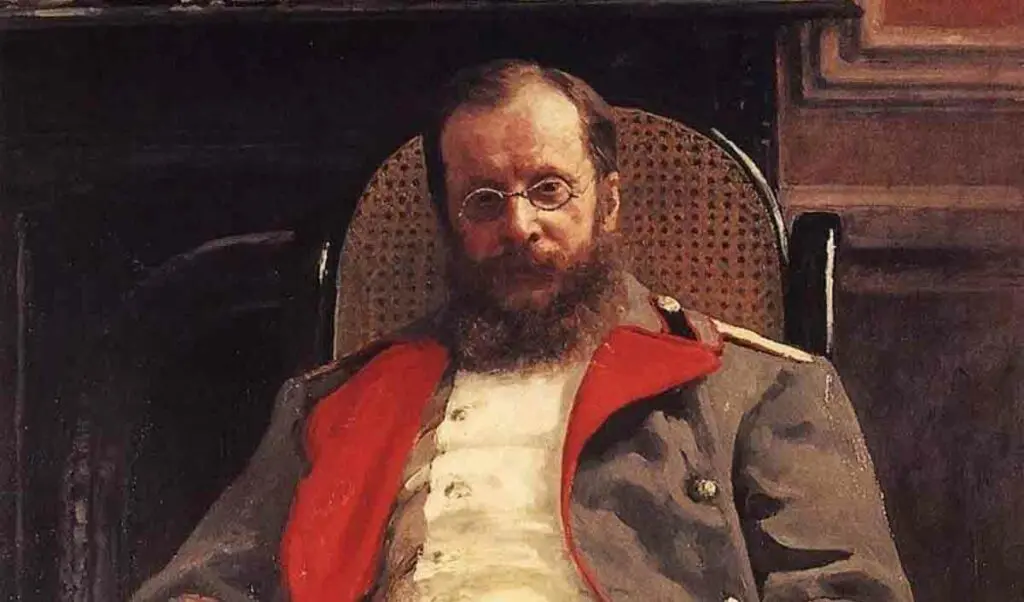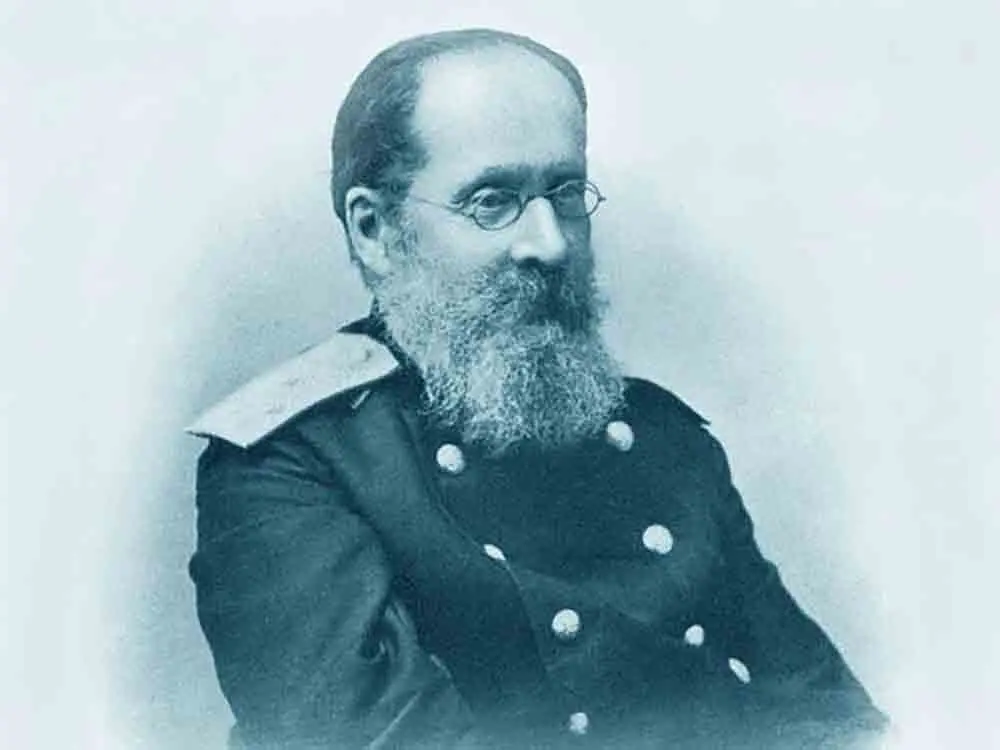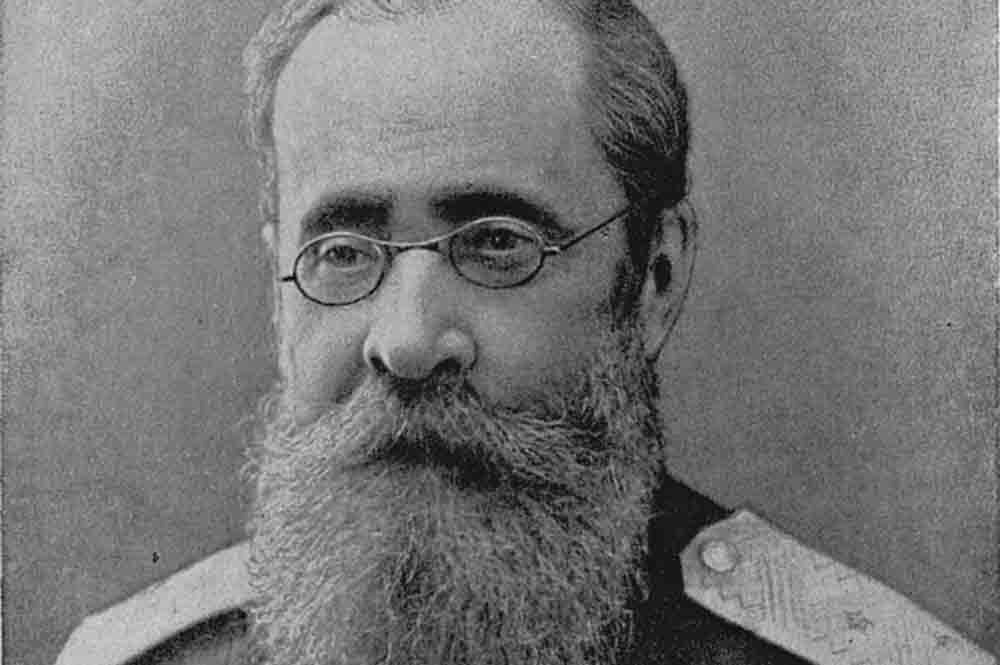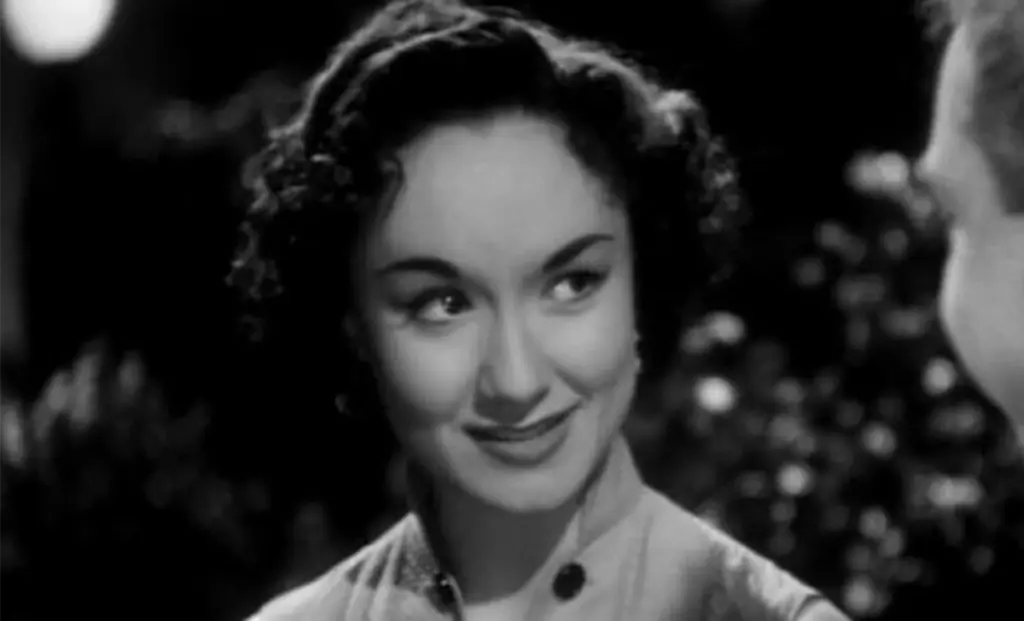Caesar Cui was noted as a brilliant composer, musician, teacher and conductor. He was a member of the "Mighty Handful" and became famous as a distinguished professor of fortification.
The "Mighty Handful" is a creative community of Russian composers that developed in the cultural capital of Russia in the late 1850s and early 1860s.
Kui is a versatile and extraordinary personality. He lived an incredibly rich life. He left dozens of iconic musical works behind him. The maestro's compositions are distinguished by lyrical penetration and refinement.

Childhood and youth
Maestro's date of birth is January 6, 1835. He was born in Vilnius. The head of the family was from France. He served Napoleon. During the hostilities, Caesar's father was severely wounded. He decided not to return to his homeland. Soon Caesar's father settled in Vilnius. There he found himself in the role of a French teacher. As his wife, he took the daughter of a noble architect.
Cui pleased his parents with a craving for music and art. Already at the age of five, he could reproduce the heard melodies by ear. His sister taught him to play the piano, and soon professional music teachers were already engaged with Caesar.
Then the talented boy entered the local gymnasium. Here he became acquainted with the work of Chopin. Under the influence of the works of the maestro, young Cui composes a mazurka, which he dedicates in honor of the deceased teacher. When Moniuszko first heard Cui's works, he agreed to give him harmonica lessons for free. Less than a year later, he already played the instrument perfectly.
In the early 50s, Caesar became a student at the local engineering school. After 4 years, he took the post of ensign. At the end of the 50s, the young man graduated from the Nikolaev Engineering Academy with a promotion to lieutenants. In his heart he lived only for music, but for now he was content with little.
Soon, Cui became a teacher of fortification, and then took up the post of colonel. He managed to build a brilliant career and become a respected person.
The creative path and music of maestro Caesar Cui
As a result, he first rose to the rank of professor, and then received the rank of major general. He was one of the first to propose the use of armored turrets in land fortresses.

Against this background, a completely logical question arises: how, with such a schedule and busy life, Cui could also engage in music. Caesar managed the almost impossible - he brilliantly coped with the main work, and meanwhile he also managed to do music. He began writing romances at the age of 19. The debut works of the maestro were even published, but unfortunately, they were coolly received by the public. He began to study music professionally only after graduating from an educational institution.
Just during this period of time, he was seen in the company of Balakirev. At that time, Mily was not only an authoritative composer and musician, but also a respected teacher. He became the main ideological inspirer of Cui. As a result, Caesar became a member of the so-called "Mighty Handful".
Along the way, it turned out that the maestro has one weak side - orchestration. Balakirev tried to help his comrade, and took part in writing individual compositions. In the works of Cui, the notes inherent in the works of Milia were clearly audible.
Cui's debut works clearly lacked individuality, so Caesar was forced to refuse further assistance from Balakirev. Be that as it may, Milius had a great influence on the sound and character of Caesar's compositions.
The maestro became one of the brightest personalities of the so-called "new Russian school", which was represented by members of the "Mighty Handful". He quite often published his vision of what was then happening in the world of culture. At that time, he was published using the creative pseudonym "***". Once he criticized Boris Godunov, which greatly hurt the author of the opera, the musician and composer Mussorgsky.
Maestro's debut
Soon the presentation of Caesar's debut opera took place. We are talking about the work "Prisoner of the Caucasus". It should be noted that the presented opera was written in line with the trends familiar to the public from the Rusalka. This work subtly hinted that the French opera inspired the creation of Caesar's Prisoner of the Caucasus.
Reformatory undertakings in dramatic music resulted perfectly in the opera "William Ratcliffe". The maestro began composing a piece of music in the early 60s. He wanted to merge text and music together. The composer carefully approached the development of vocal parts, using melodic and melodious recitative in them, as well as the symphony of orchestral accompaniment.

The presented work finally opened a new stage in the development of Russian opera. Although in fact "William Ratcliffe" does not have a national imprint. Trite, but true. Orchestration became the weak side of the presented opera. When "Ratcliff" was planned to be staged in the theater of St. Petersburg, Cui asked the audience for only one thing - not to attend the performance. He understood the weaknesses, and wanted to keep his reputation clean.
So the opera Ratcliff, which he dreamed of putting on stage, was presented to the public only after three decades. The maestro has carefully worked on the work in order to convey to the public the ideal sound. A similar fate befell the Angelo.
Many of Cui's musical works were addressed to a children's audience. He created a whole series of unforgettable compositions in which there was a place for pranks, mystery and magic. Operas for children were easy, but at the same time they attracted with the complexity of the melody. They are written in a simple but understandable language for a children's audience.
Among the maestro's most popular children's operas are:
- "Snow hero";
- "Little Red Riding Hood";
- "Puss in Boots";
- "Ivan the Fool".
Repertoire
It is impossible not to mention that the maestro's repertoire was saturated with many romances. He wrote over 400 lyric works. Cui's novels are devoid of the couplet form and repetition of the text, but this is where their zest lies.
The choice of texts for lyrical works is done with great taste. He managed to create a whole psychological picture from very short romances. Among the works of Cui there was a place not only for psychological and love themes. He was great at composing humorous compositions.
But, nevertheless, the maestro's talent is mostly lyrical. No, drama is not his style. The maestro was excellent at conveying female characters. But what exactly was lacking in his music - the grandiosity and power. He sincerely hated rudeness, banality and bad taste. Cui could work on his works for a long time. The maestro preferred composing small compositions.
Despite Caesar's obvious talent, most of his opera "canvases" were eventually removed from the stage. This is quite understandable and is directly related to the peculiarities of his talent, mainly chamber-lyrical.
Details of privacy
In 1858, the maestro married the charming Malvina Bamberg. The girl's teacher was the composer Dargomyzhsky. Cui dedicated his debut opus to this particular woman. The main theme in Caesar's work was the first letters of the surname Malvina.
Interesting facts about the musician Caesar Cui
- He lectured to Nicholas II himself.
- Caesar published a number of textbooks. Subsequently, soldiers in the Russian army studied from his books.
- He was included in the list of the most powerful and unshakable music critics. He was not afraid to defend the interests of modern composers.
- He made a huge contribution to the military field. Cui has many achievements in fortification. For his work, he received more than 10 orders.
- The maestro helped finish one of Mussorgsky's operas.
The last years of the life of the composer Caesar Cui
He outlived his friends and colleagues. He managed to create events, the offensive of which was largely facilitated by the passionate romantic preaching of the Russian intelligentsia. In 1918, he wrote to M. S. Kerzina:
“We live from day to day. We are cold and hungry. And if you think about it, what an interesting historical moment we are going through…”.
4 months will pass and his entourage will tell about the death of the maestro. The cause of death was a cerebral hemorrhage. He died on March 26, 1918.



